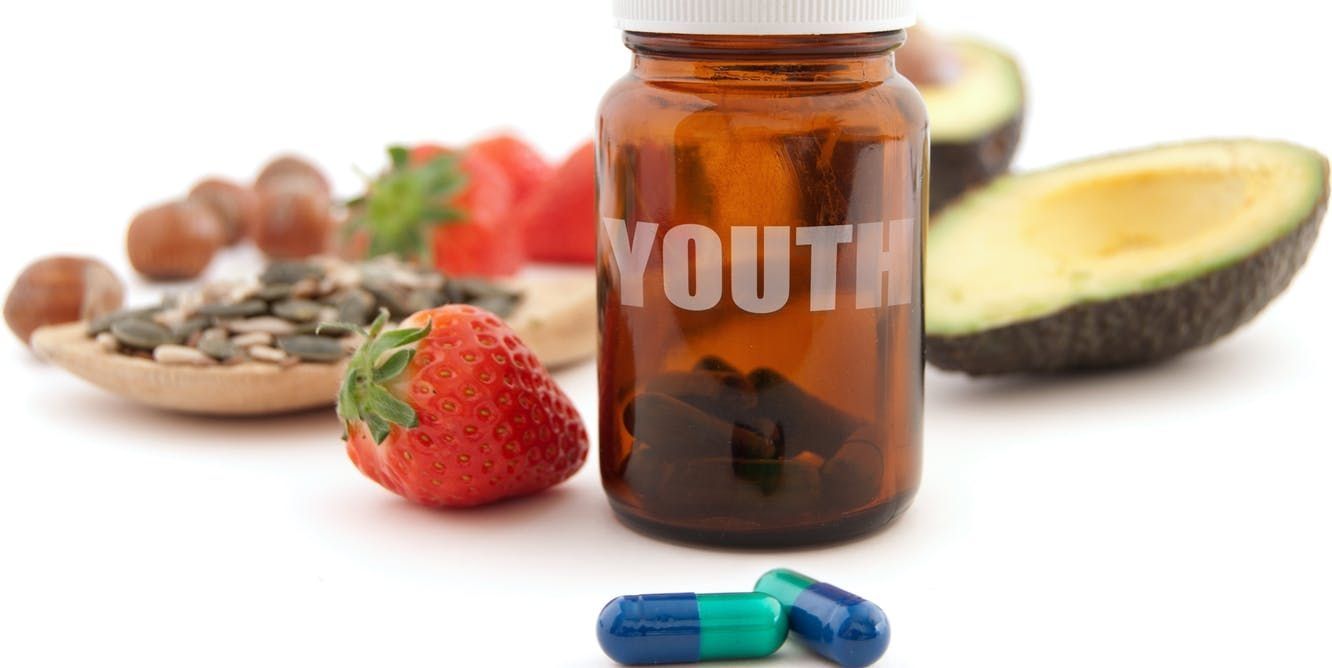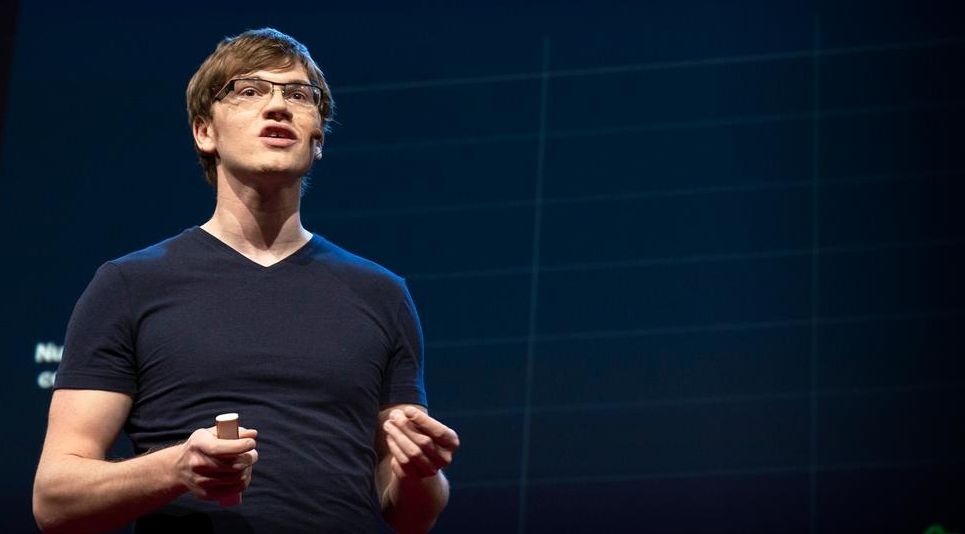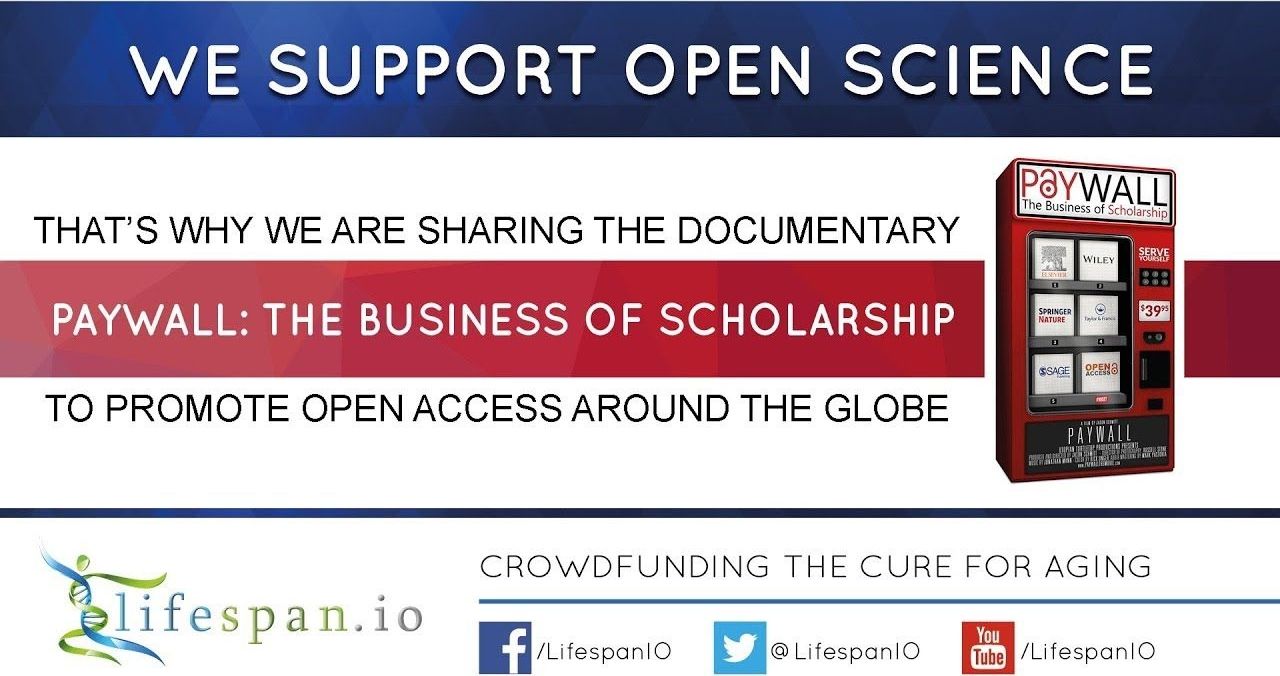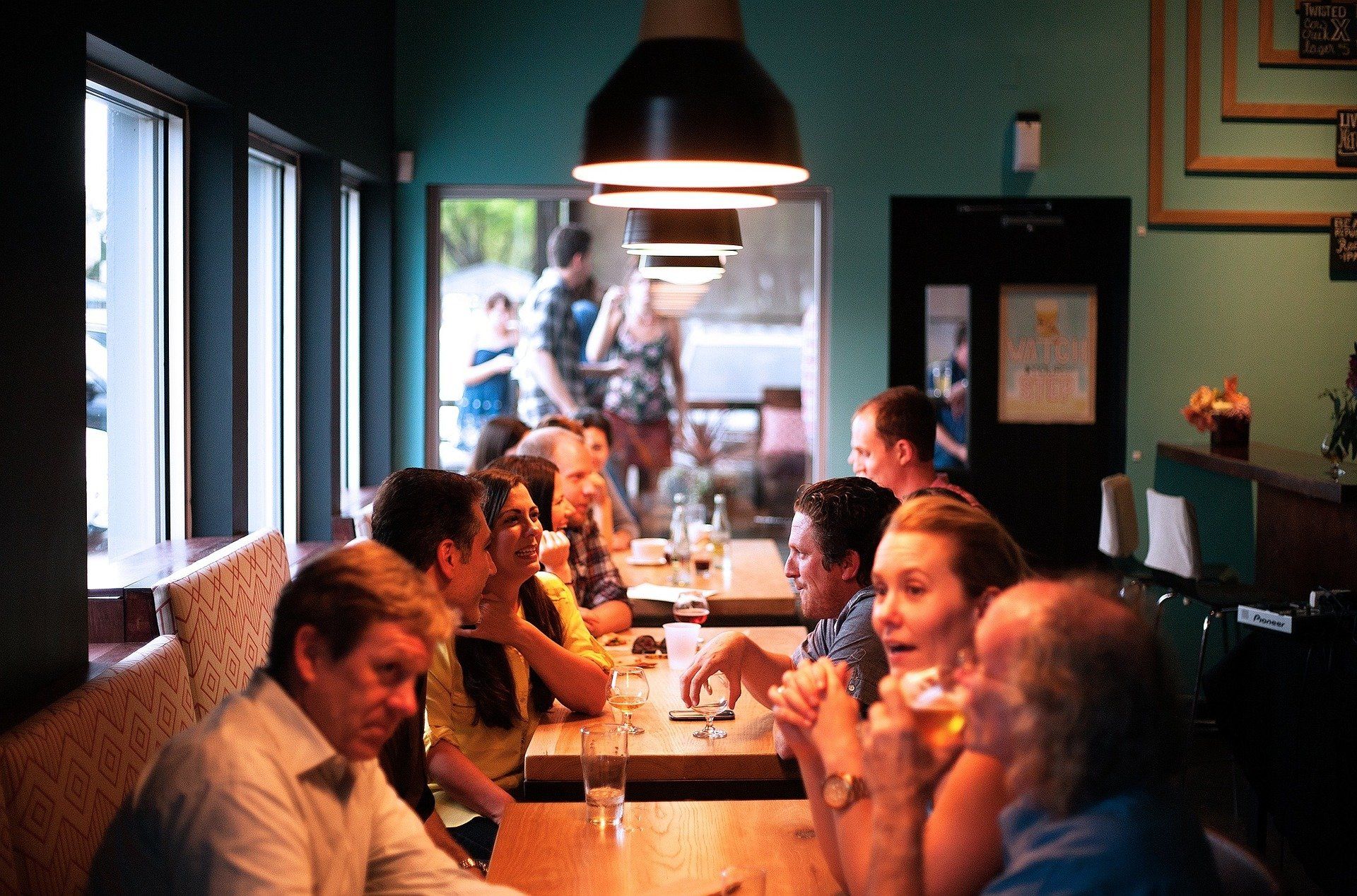It has recently been suggested that humans could live to 150 by 2020 simply by taking a certain supplement.



Of all the problems facing humanity, which should we focus on solving first?
In a compelling talk about how to make the world better, moral philosopher Will MacAskill provides a framework for answering this question based on the philosophy of “effective altruism” — and shares ideas for taking on three pressing global issues.
Of all the problems facing humanity, which should we focus on solving first? In a compelling talk about how to make the world better, moral philosopher Will MacAskill provides a framework for answering this question based on the philosophy of.

Today, we want to let you know that the documentary Paywall: The Business of Scholarship is now available in both English and Russian. This is a documentary exploring the crisis in scientific journal publication and the excessive fees that some publishers charge to access knowledge.
Holding scientific knowledge to ransom
Around 70% of scientific publications are hidden behind paywalls, restricting access to knowledge and holding back progress. We believe that this is unfair and that putting profit before the health of others is unacceptable, and this is one reason why we support the concept of open science here at LEAF.


For several years, civil society groups have been calling for a ban on what they call “killer robots”. Scores of technologists have lent their voice to the cause. Some two dozen governments now support a ban and several others would like to see some kind of international regulation.
Yet the latest talks on “lethal autonomous weapons systems” wrapped up last month with no agreement on a ban. The Group of Governmental Experts meeting, convened in Geneva under the auspices of the United Nations Convention on Certain Conventional Weapons, did not even clearly proceed towards one. The outcome was a decision to continue discussions next year.
Those supporting a ban are not impressed. But the reasons for the failure to reach agreement on the way forward are complex.

The digital transformation of society has brought many immediate benefits: it’s created new jobs and services, boosted efficiency and promoted innovation. But when it comes to improving the way we govern, the story is not that simple.
It seems reasonable to imagine introducing digital information and communication technologies into public sector organisations – known as “digital government” or “e-government” – would have a beneficial impact on the way public services are delivered. For instance, by enabling people to claim rebates for medical bills via a government website.
When implemented well, e-government can reduce the cost of delivering government and public services, and ensure better contact with citizens – especially in remote or less densely populated areas. It can also contribute to greater transparency and accountability in public decisions, stimulate the emergence of local e-cultures, and strengthen democracy.

A small but impactful shift in the way a group assignment is presented can significantly reduce racial inequality within the group, as well as lead to better work, according to new research by Bianca Manago, assistant professor of sociology at Vanderbilt University. Groups, Inequality and Synergy, co-authored with Jane Sell at Texas A&M University and Carla Goar at Kent State University, appears online in the September 2018 issue of Social Forces.
Previous research has shown that groups often diminish the contributions of minorities, by dismissing their opinions more often, for example, or by being less likely to adopt their ideas. Manago and her colleagues sought to discover whether reframing the parameters of a group task could reduce that inequality, and how that would impact the quality of the group’s work.
“Past research shows that people with different skills working together is good for group performance, but relatively little research has been done on how superficial differences that shouldn’t matter, like race, affect group performance,” Manago said. “We found that when people are more willing to listen to the minority group member, the group does better.”

University of Birmingham scientists are paving the way to swap the lithium in lithium-ion batteries with sodium, according to research published in the Journal of the American Chemical Society.
Lithium-ion batteries (LIB) are rechargeable and are widely used in laptops, mobile phones and in hybrid and fully electric vehicles. The electric vehicle is a crucial technology for fighting pollution in cities and realising an era of clean sustainable transport.
However lithium is expensive and resources are unevenly distributed across the planet. Large amounts of drinking water are used in lithium extraction and extraction techniques are becoming more energy intensive as lithium demand rises – an ‘own goal’ in terms of sustainability.

The move means grantees from these 11 funders—which include the national funding agencies in the United Kingdom, the Netherlands, and France as well as Italy’s National Institute for Nuclear Physics—will have to forgo publishing in thousands of journals, including high-profile ones such as Nature, Science, Cell, and The Lancet, unless those journals change their business model. “We think this could create a tipping point,” says Marc Schiltz, president of Science Europe, the Brussels-based association of science organizations that helped coordinate the plan. “Really the idea was to make a big, decisive step—not to come up with another statement or an expression of intent.”
Bold move is intended to trigger open-access tipping point.
